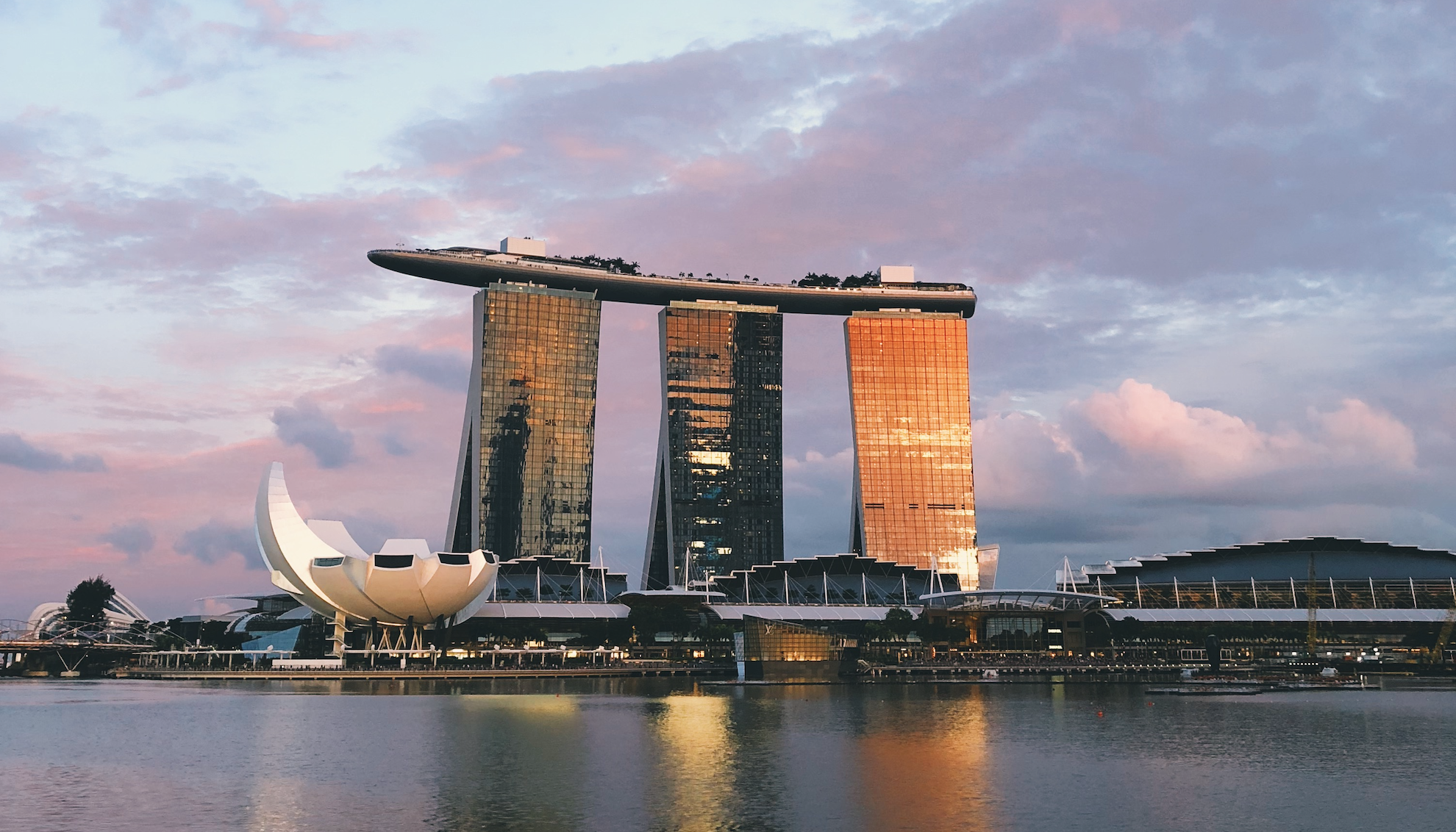The Singapore government has announced a further easing of COVID-19 restrictions, particularly at workplaces, to “allow greater flexibility for businesses and employees, while limiting the risks of COVID-19 transmission”.
From April 5, there will be a shift from working-from-home as a default to a more flexible and hybrid way of working.
“Employers are encouraged to continue with work-from-home arrangements, but more employees will be allowed to return to the workplace to better support work and business operations,” the Ministry of Health said in a release.
Up to 75% of employees (who are presently able to work from home) can now be at the workplace at any one time, up from the current 50%. The current cap on the time an employee spends at the workplace will also be lifted.
“Employers should continue to stagger start times and implement flexible working hours where possible,” the ministry added.
Split team arrangements are no longer mandatory, although companies can continue to adopt such arrangements for business continuity purposes if they choose to. Restrictions against cross-deployment across workplaces remain in place.
Social gatherings at workplaces are now allowed but are to be limited to a total size of no more than 8 persons.
“The tripartite partners urge companies to remain vigilant as more employees return to the workplace. Employers must continue to implement the prevailing safe management measures such as regular cleaning of common spaces, demarcating safe physical distancing and mask wearing at all times,” the ministry release said.
The ministry also advised that work-related events should adhere to the necessary safe distancing and capacity limits.
Pre-event testing
Pre-event testing, wherein participants of an event or activity are required to be tested before attending the event and no more than 24 hours before the end of their participation at the event, has been in place since October of last year.
From April 24, the following selected activities will be allowed to scale up further if they implement pre-event testing for their attendees, the MOH announced:
Marriage solemnisations: The limit for marriage solemnisations (excluding solemnisations at home and the Registry of Civil and Muslim Marriages Building) will be increased from 100 to 250 attendees (including the wedding couple, excluding the Licensed Solemniser and vendors) for the entire event, in zones of up to 50 attendees each. For solemnisation-only events involving more than 100 attendees, pre-event testing will be required for the wedding couple. If there are 100 or fewer attendees, pre-event testing will not be required.
Wedding receptions: The limit for wedding receptions (not allowed to take place at home and the Registry of Civil and Muslim Marriages Building) will be increased from 100 attendees to 250 attendees (including the wedding couple, excluding vendors), in zones or timeslots of up to 50 attendees each. Pre-event testing for all attendees (including the wedding couple) will be required for wedding receptions involving more than 100 attendees.
Live performances: Performances at designated venues will be allowed to have up to 750 attendees if they implement pre-event testing, or to have up to 250 attendees if they do not implement pre-event testing.
Pilot business-to-business events: Currently, business-to-business events being piloted and approved by Singapore Tourism Board (STB) may have up to 250 attendees, in zones of no more than 50 attendees each. If pre-event testing is implemented, these events will be allowed to have up to 750 attendees, in zones of no more than 50 attendees each.
Pilot spectator sports events (seated): Currently, sport events being piloted and approved by SportSG have been allowed to take place. Under this pilot, sport events will be allowed to have up to 750 spectators if they implement pre-event testing, or to have up to 250 spectators without testing.
Additionally, from April 24, the cap for wakes and funerals on the day of the burial/cremation only will be increased from 30 to 50 persons at any one time. The cap for other days of the wake remains at 30 attendees at any one time.
Also from April 24, those who have completed the full vaccination regimen and have had time to develop sufficient protection (i.e. two weeks after the second dose of the Pfizer or Moderna COVID-19 vaccination) can gain entry to events that implement pre-event testing without the need to undergo pre-event testing.
“Even as we resume and scale up more activities, we must remain vigilant and not get complacent, so as to keep community transmission under control. Each of us should observe all the safe management measures, see a doctor and get tested when sick, and be vaccinated when it is offered to us,” the ministry said.



